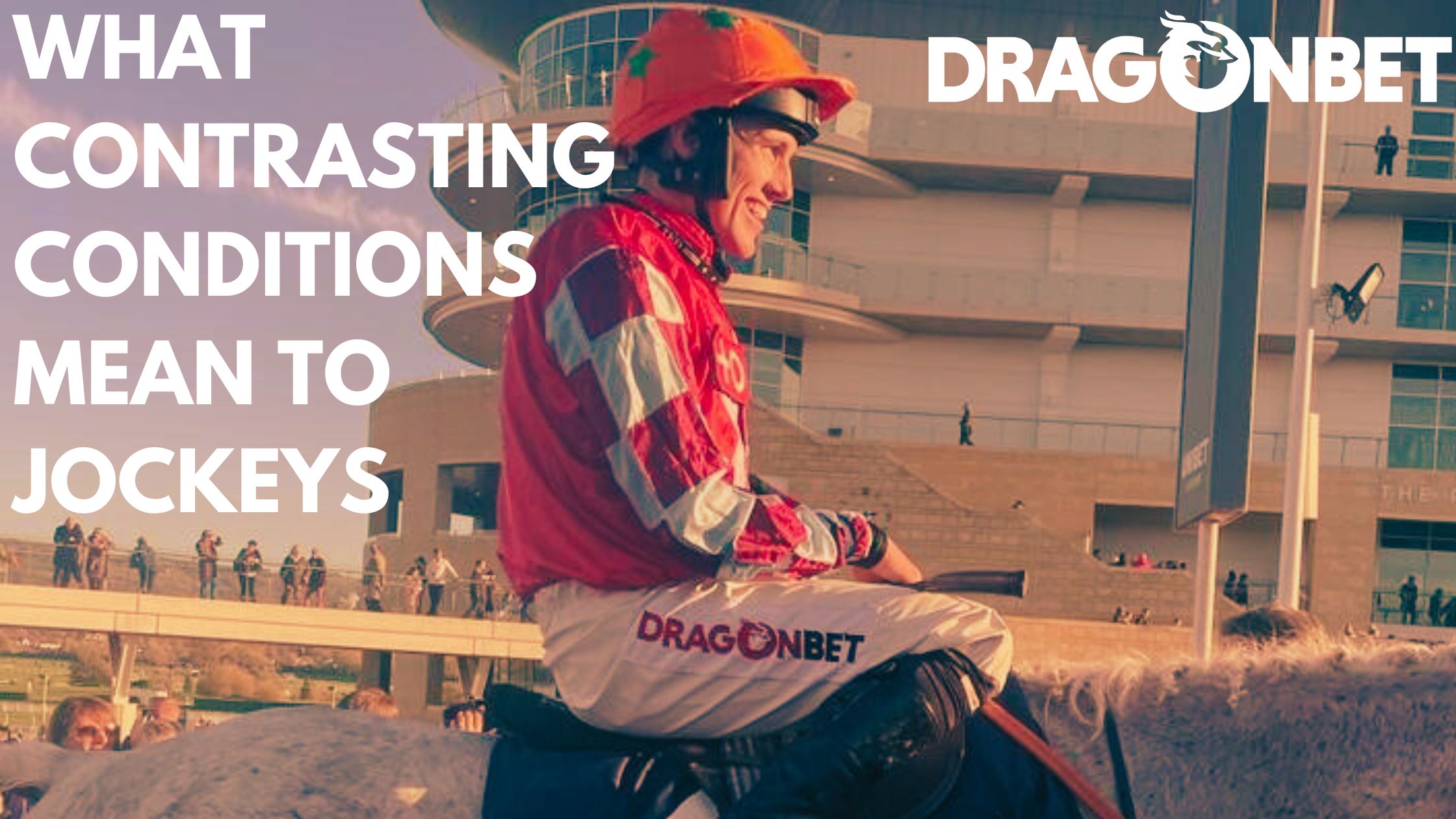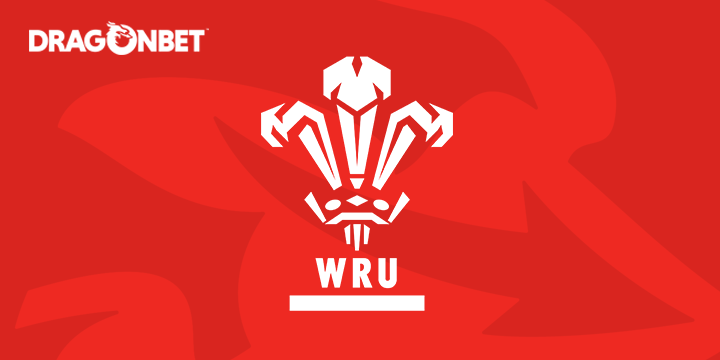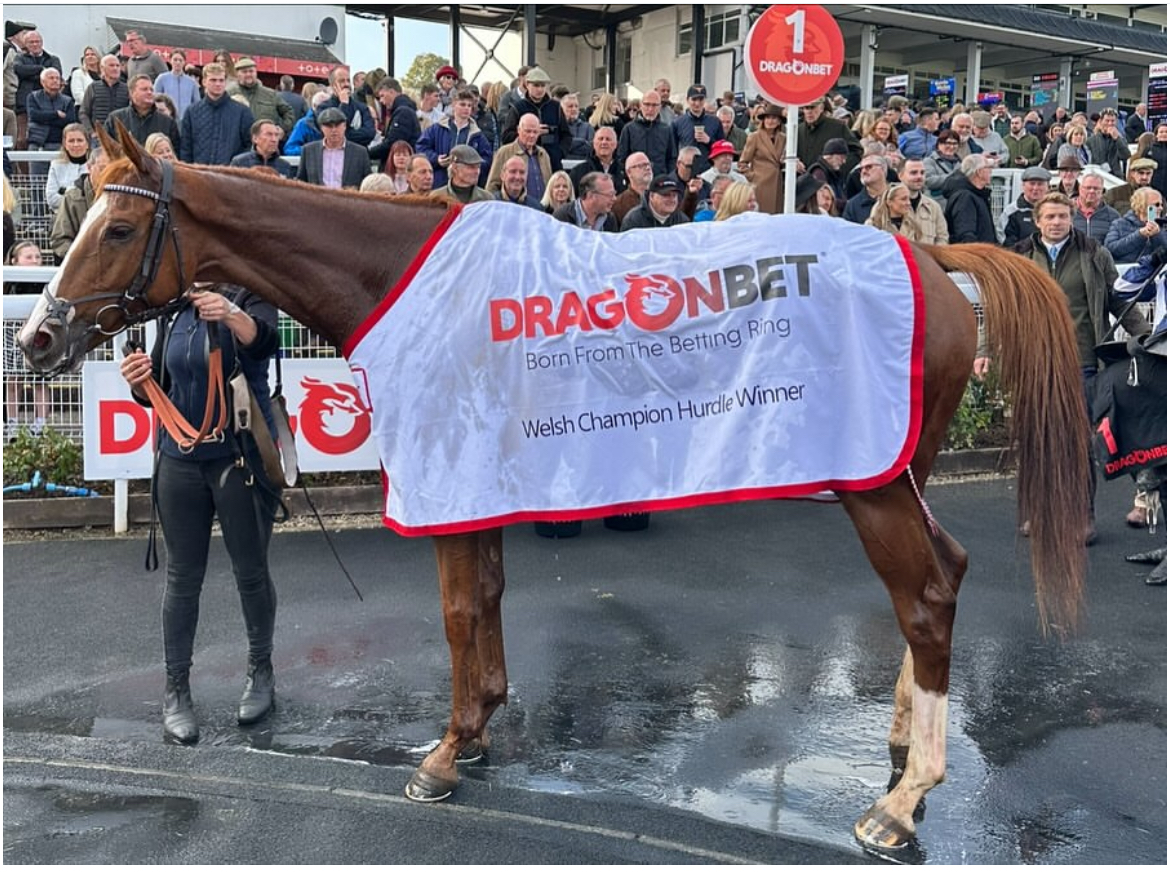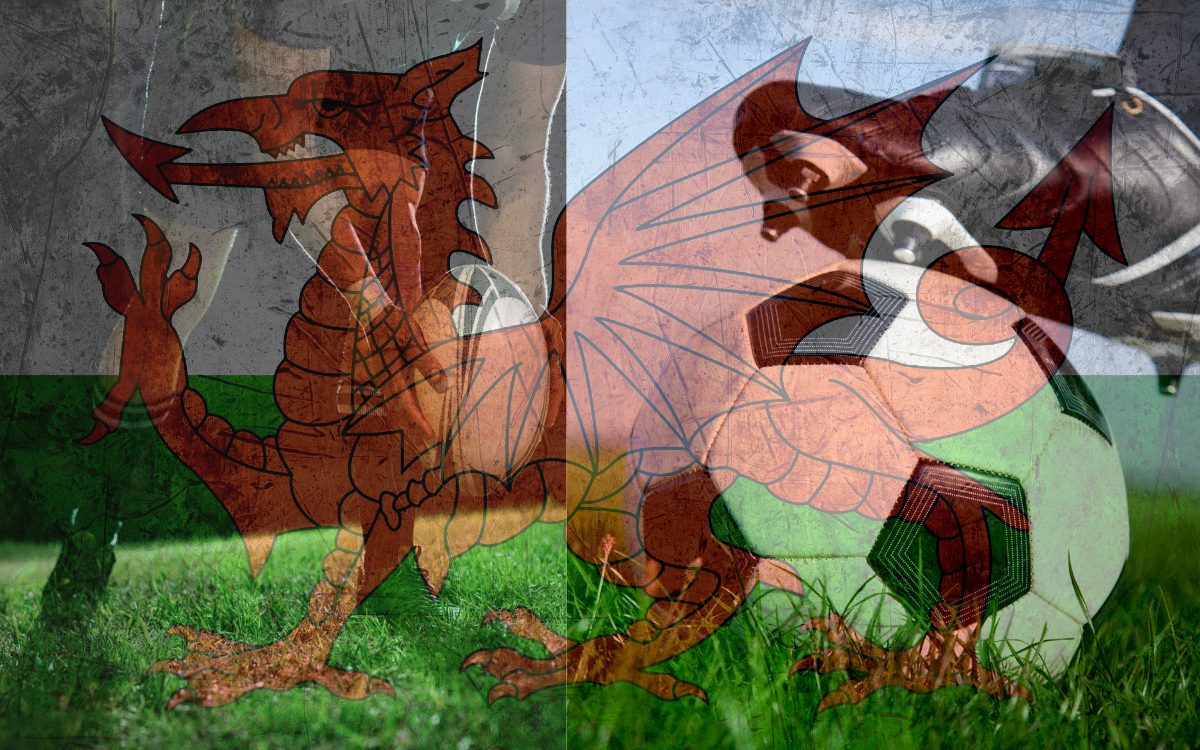When Warren Gatland returned for his second stint in charge of Wales at the end of 2022, he was asked if he was worried his reputation might be tarnished.
“It’s exciting to take risks,” he said . . . “including the reputation you may have earned in the past.”
Well, there’s been plenty to get Gatland’s ticker racing in the opening two rounds of the Six Nations, but this has probably been excitement not quite in the way he had hoped.
Two rounds in and Wales are rock bottom of the Championship with zero points after two heavy defeats.
Those two losses – at home to Ireland and away to Scotland – set new records. Unwanted ones.
The 34-10 defeat to Ireland was the biggest home loss in the tournament to the Irish for 22 years, whilst the 35-7 crushing by the Scots was the heftiest losing margin in the fixture since the records began in 1883.
It was Gatland’s first defeat against Scotland at the 12th time of asking and the statistics on the pitch made for painful viewing for him, also.
Wales gave away 19 penalties in the game as well as five tries. They have conceded nine tries and 69 points in those two matches, while scoring just two tries and 17 points.
The losing sequence isn’t Gatland’s own, though. Wayne Pivac, his predecessor, was in “the hole” that Gatland spoke about, too, and combined across the two eras, Wales have now lost 11 of their last 14 games.
So, how has this happened?
How has a country that won the Championship as recently as two years ago, declined so rapidly?
Part of the answer would appear to be in the age composition of the squad. No less than 14 of the 37-man group are aged 30 or over.
Ten of them are 24 or under, which leaves a middle group – of players aged between 25 and 30, what you might call the prime Test years for international rugby, of just 13 players out of 37.
And of those 13, Ospreys centre Keiran Williams is uncapped and Dragons hooker Bradley Roberts has just three.
The other big factor has to be the quality and depth of the talent coming through from the four Welsh regions.
The Ospreys have enjoyed a remarkable revival in the Heineken European Cup this season, but for the real, day-to-day, week-to-week strength of the game in Wales, the analysis has to be the bread-and-butter of the United Rugby Championship.
And here, it’s a grim picture that tells a tale – with none of the four Welsh teams in the top half of the table and all of them lumped together in the bottom six.
The background to this season’s tournaments can hardly have helped Gatland, either. No sooner had the Kiwi unpacked his suitcase than he was cast into the middle of a storm at the WRU involving allegations of sexism, bullying, misogyny and homophobia within the shell-shocked organisation.
Within a few days, the man who had appointed Gatland – WRU chief executive Steve Phillips – had resigned.
Since then, there have been fresh revelations that are probably far more direct in their influence on playing matters.
Speaking off the record – and backed up by named players outside or on the fringes of the squad – there has been talk of widespread anxiety and frustration over delayed contract offers and slashed wages. And even claims players are on antidepressants.
It all means the game against England on February 25 now has the look of a siege about it. Either, firm favourites England will come and take advantage of Wales’ difficulties to make it three defeats on the trot, or else the siege mentality will somehow help Wales grind out a win against the odds.
“We have to stay tight and find a way to get through this,” said Gatland.
“Sometimes, winning can become a habit. But the problem is that so can losing, too.”


















